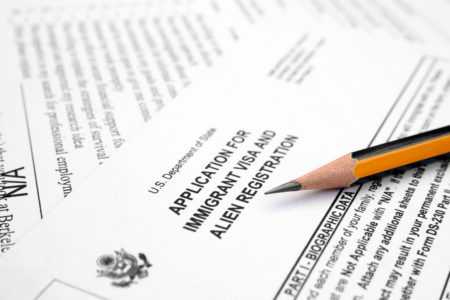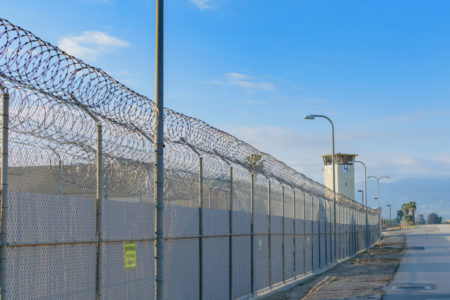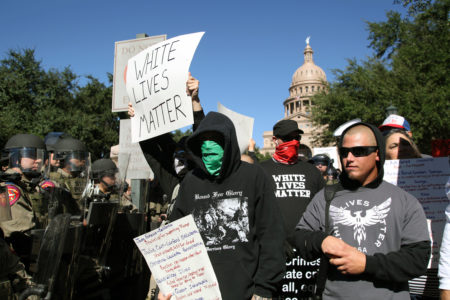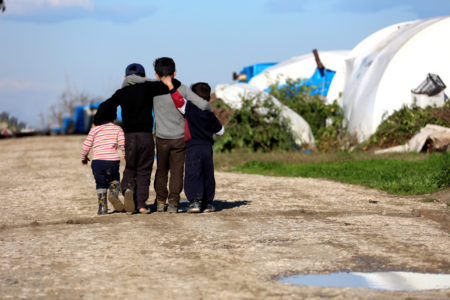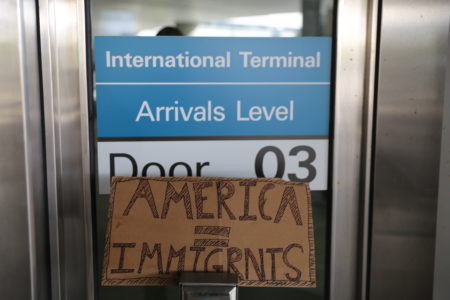
Symposium - 2019 - Immigration
Privatized Detention & Immigration Federalism
by David S. Rubenstein & Pratheepan Gulasekaram
The vast majority of detained immigrants are held in facilities operated by private corporations. Over the past decade, academics and dedicated advocates have shed critical light on the structural causes and effects of privatized immigration detention, offering a range of policy prescriptions along the way. Until now, however, federalism has been a virtual blind spot in that reformist agenda. Intervening, this Essay draws federalism into the spotlight.

